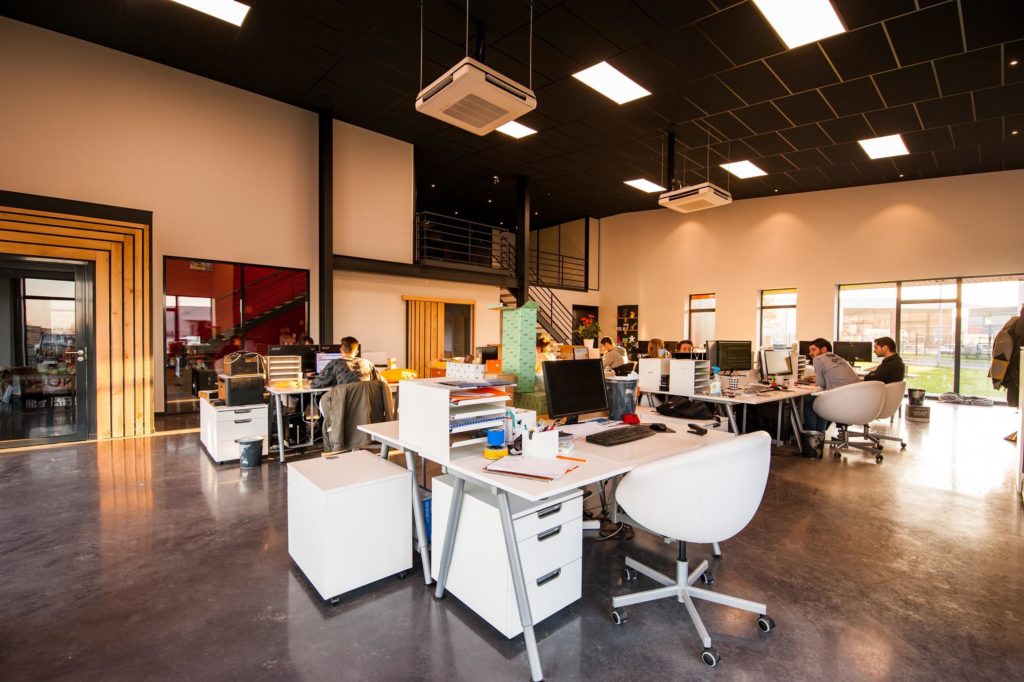If your business is not currently as flexible as it could be, it could be time to begin working on processes and ways to ensure flexibility in the future. A lack of flexibility can now mean demotivated employees and a higher turnover. The days of working Monday to Friday, 9 to 5 are quickly becoming a thing of the past for modern businesses. Employees want to spend less time at work, and they want more control over when and how they work. This might seem absurd if you want to create a successful business, but the happiness of your employees is paramount to your success. Read on for 4 things you should be doing to work towards business flexibility now:
1 – Don’t Compare
What works for your business won’t be what works for somebody else’s business, and vice versa. One size does not fit all when it comes to making your business more flexible. Some businesses will benefit from flexi start and finish times, while others actually ask potential employees what their preferred working hours are during the hiring process.
2 – Change Your Culture
This is about so much more than changing when and where your team works. It means changing the attitude to your flexibility, which in turn will change your company culture. You’re not only focusing on inputs, but on project outcomes and deliverables. Flexible also means recognising where employees may work a longer day, working to deadlines, and then fewer hours on another day. Long days working to deadlines should not be the norm. Recognising that your team has lives outside of their work is so important, and this means you can adapt things to suit everyone’s needs. Beginning by introducing simple things like a business voip phone service can help to improve your flexibility immediately, so you can continue working on other aspects of the business.
3 – Find A Way To Make This Work For Everyone
Ensuring everybody is focusing on the end product can be tough when people are working from different places at different times. However, defining key milestones and giving solid roles can help. You should also ensure that you are realistic about deadlines and what you can achieve.
4 – Hire People On A Project Basis
Hiring people on a project basis can mean enjoying experienced talent without actually having to hire somebody and having a permanent mouth to feed. Doing this can help to manage spikes in your business needs, which are bound to change every so often. It won’t impact the flexibility of your permanent employees this way, and you’ll be able to manage work-flow far more effectively. You could have a freelancer write a one-off piece of content for you, for example. There are plenty of platforms you can use online to find your first freelancer.
Working towards flexibility is essential if you want to future-proof your business – and you should. If you don’t offer flexibility, your team will grow tired, and you will no doubt struggle to succeed in the long haul.









